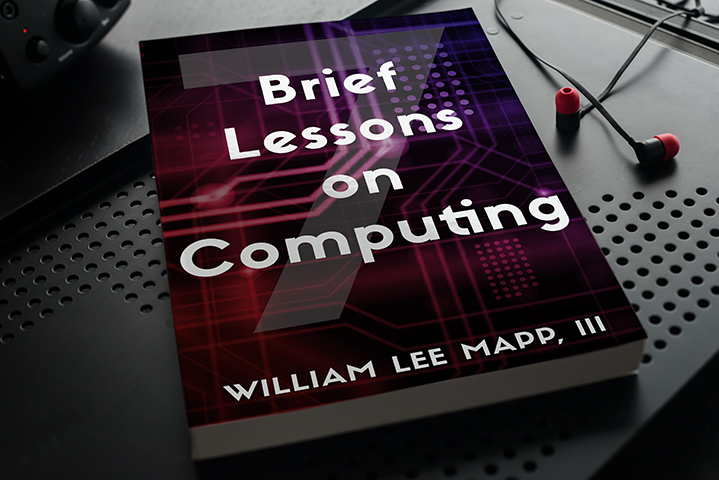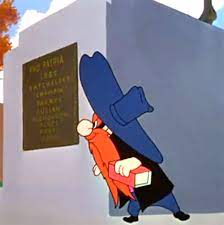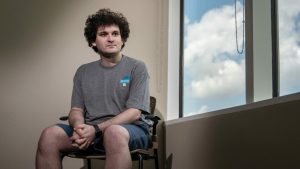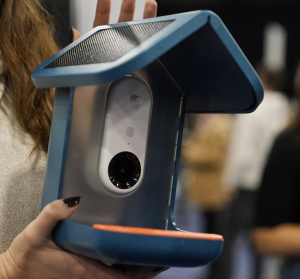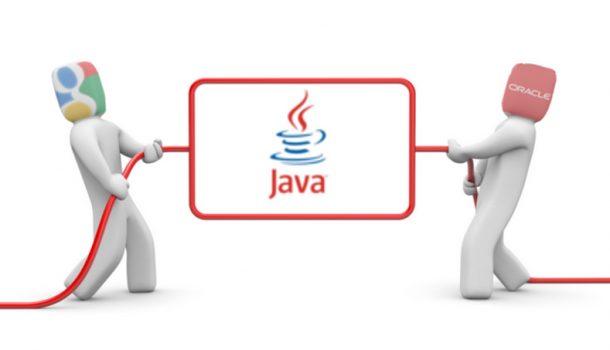
It’s another Thursday, and here’s another week of tech talk with Mark Starling and the First News 570 crew. This week, Oracle and Google continue their fight over APIs, the Election Cyber Surge fights hackers, and US students suffer at the hands of broadband. You can listen to Mark and I point and laugh while talking about the wild and crazy technology world every Thursday morning, LIVE at 6:43am Eastern.
VOLUNTEERS HACK AGAINST HACKERS THREATEN US ELECTION
Everyone is pulling out all the stops for 2020 Presidential Election. Volunteer counter-hacking group, Election Cyber Surge, has signed on 200 volunteers to check voting machine security, protect against leaked voter registration lists, and combat misinformation campaigns. The organization is led by the University of Chicago’s Cyber Policy Institute. The leaders of the Election Cyber Surge are aware there are multiple threats to the election, but are working behind the scenes to de-escalate situations and notify the powers that be.
US STUDENTS STRUGGLE IN SCHOOL BECAUSE OF SLOWBAND
Ask any parent who has school aged children and they’ll tell you the last 7 months have been the pits. Between working from home and virtual school, the US’ Internet infrastructure has shown how spotty it is. In my own home, Internet service significantly dips at 9am, 12pm, and approx. 430pm. At this time, people are logging on to work, watching Netflix for lunch, and filling out their timesheets. At the same time, America’s students are trying to participate in class over Zoom. Internet service is even more troublesome in rural and low-income areas where just over half of families who make $30,000 a year have broadband Internet. US broadband costs $60 on average, but if cable or fiber aren’t in an area may cost more than $100 for satellite Internet service. This is a stretch for low-income families and the result is that kids are left behind. Municipalities have tried installing their own high speed Internet services, but commercial companies often sue municipalities for trying to stand up their own services. In the end, the people suffer.
ANDROID SWAYS IN THE BALANCE AS TECH GIANTS CLASH OVER JAVA
The US Supreme Court will be continuing the tech trial of the decade, Google v. Oracle. What’s really at stake is how software developers can treat application programming interfaces, APIs. APIs are the ways software developers can extend their products by using another component or piece of software. APIs specify how a calling program can use the component or piece of software. An API specification outlines the name of the function, how to execute the function, the number and types of parameters for the function, and what the function returns. Oracle is basically saying that an API specification is copyrightable and is protected intellectual property. Google is saying that an API isn’t copyrightable, and the specification can be used to implement an underlying functionality. What is at stake is that a ruling for Oracle flips the way software developers have been treating copyrightable software. This impacts everything as the first BIOS manufacturers reverse engineered the inner workings of those programs by looking at the APIs. Oracle is seeking more than $8 billion, with a ‘B’ in claims against Google.

